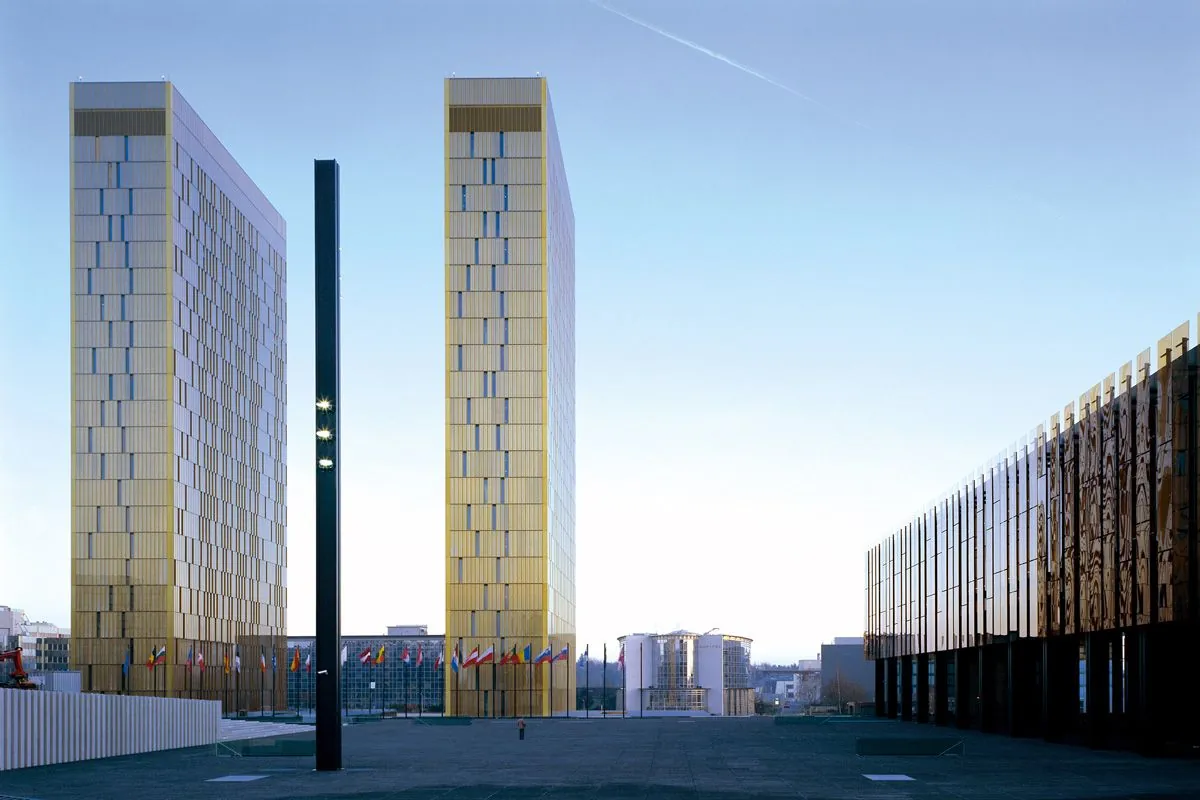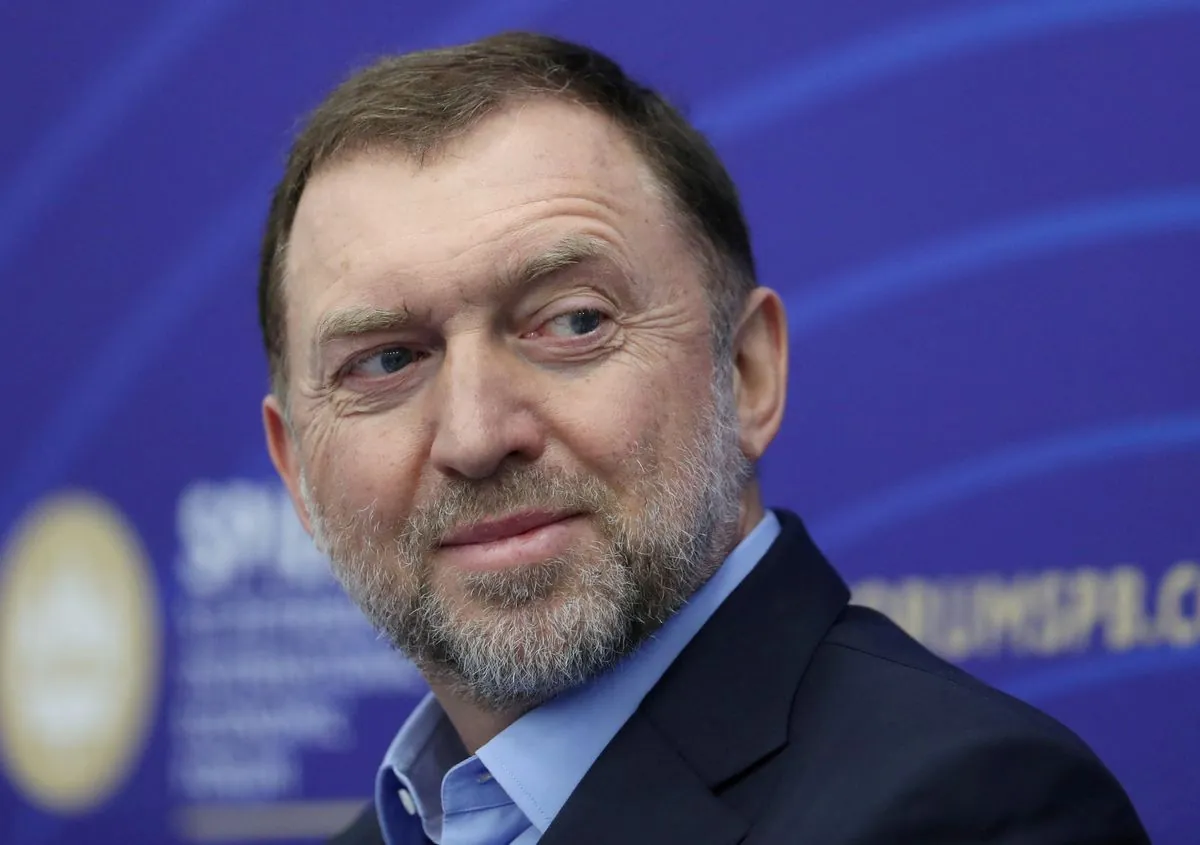Russian Oligarchs and National Depository Lose EU Sanctions Appeal
Two Russian billionaires and the National Settlement Depository failed to overturn EU sanctions in court. The ruling upholds measures imposed following Russia's 2022 invasion of Ukraine.

On September 11, 2024, the European Union's General Court in Luxembourg rejected legal challenges against sanctions imposed on two Russian oligarchs and the country's National Settlement Depository. These sanctions were part of the EU's response to Russia's invasion of Ukraine in 2022.
The court dismissed appeals from Gennady Timchenko and Mikhail Fridman, both prominent Russian businessmen. Timchenko, a Finnish citizen of Russian origin and founder of Gunvor Group, and Fridman, a Ukrainian-born Russian entrepreneur who co-founded Alfa Group, had contested the EU's requirement to declare their funds and economic resources.
"The need for action to counteract legal and financial arrangements facilitating the circumvention of restrictive measures justifies such obligations."
This ruling underscores the EU's commitment to its sanctions regime, which includes asset freezes and travel bans on individuals and entities. The sanctions are part of the EU's Common Foreign and Security Policy (CFSP) framework, designed to pressure Russia to change its course in Ukraine.

The National Settlement Depository, Russia's central securities depository equivalent to Euroclear and Clearstream, also saw its appeal rejected. This decision maintains the pressure on Russia's financial infrastructure.
Since 2014, the EU has implemented multiple rounds of sanctions against Russia, intensifying them following the full-scale invasion in 2022. These measures encompass trade restrictions, limitations on Russia's banking sector, and targeted actions against individuals close to President Vladimir Putin's regime.
While the effectiveness of sanctions remains a topic of debate among policymakers and scholars, the EU regularly reviews and updates its sanctions regimes. The complex decision-making process for imposing sanctions reflects the EU's attempt to balance diplomatic pressure with potential humanitarian concerns and unintended consequences.
As the conflict in Ukraine continues, the EU's stance on sanctions remains firm, despite the challenges posed to their implementation and the potential for legal contestation within the EU court system.


































